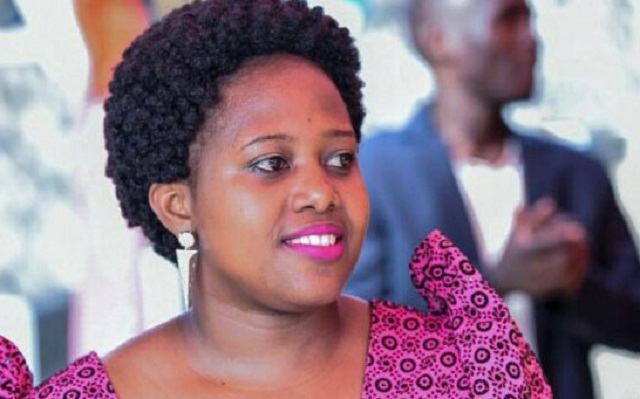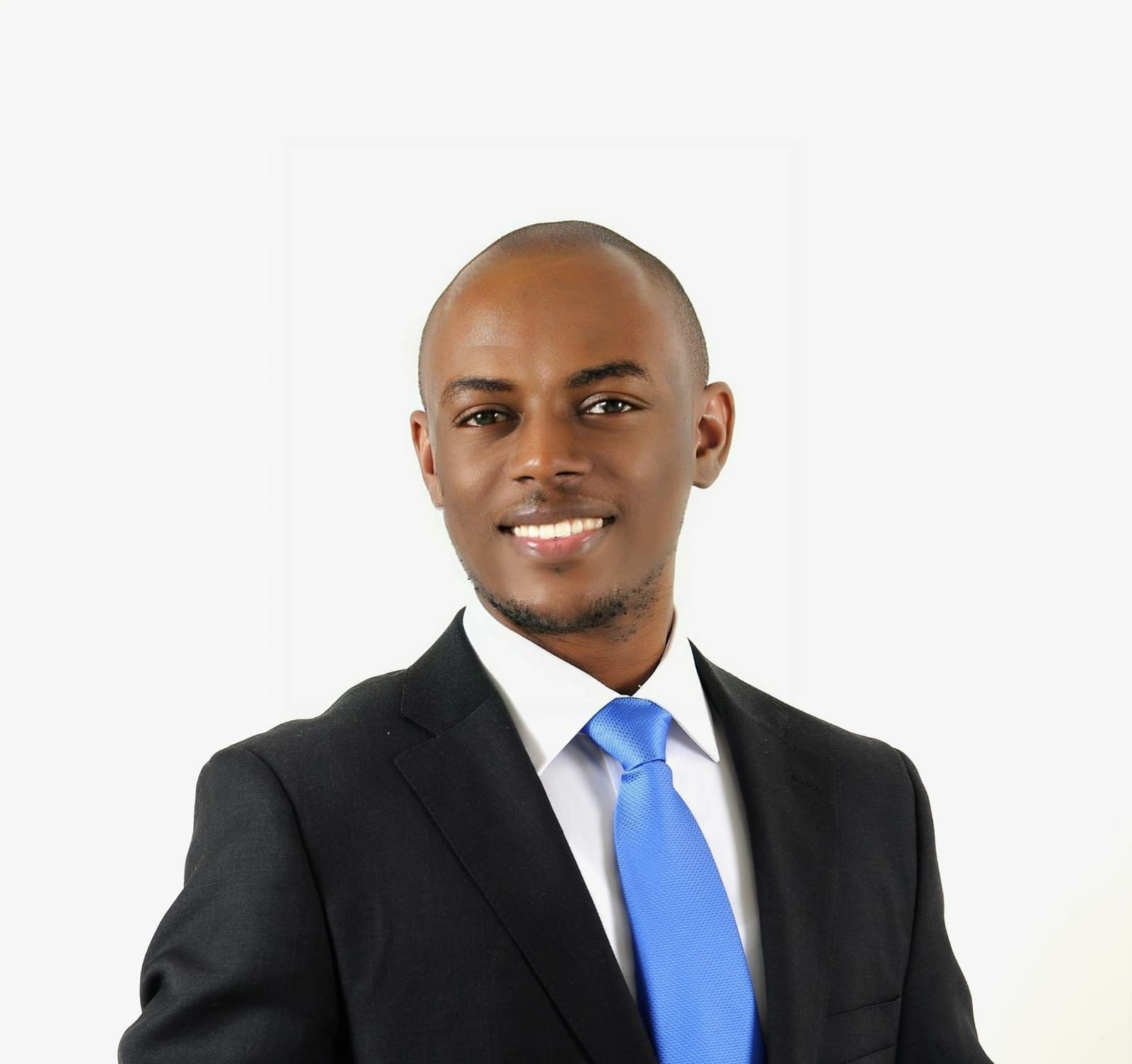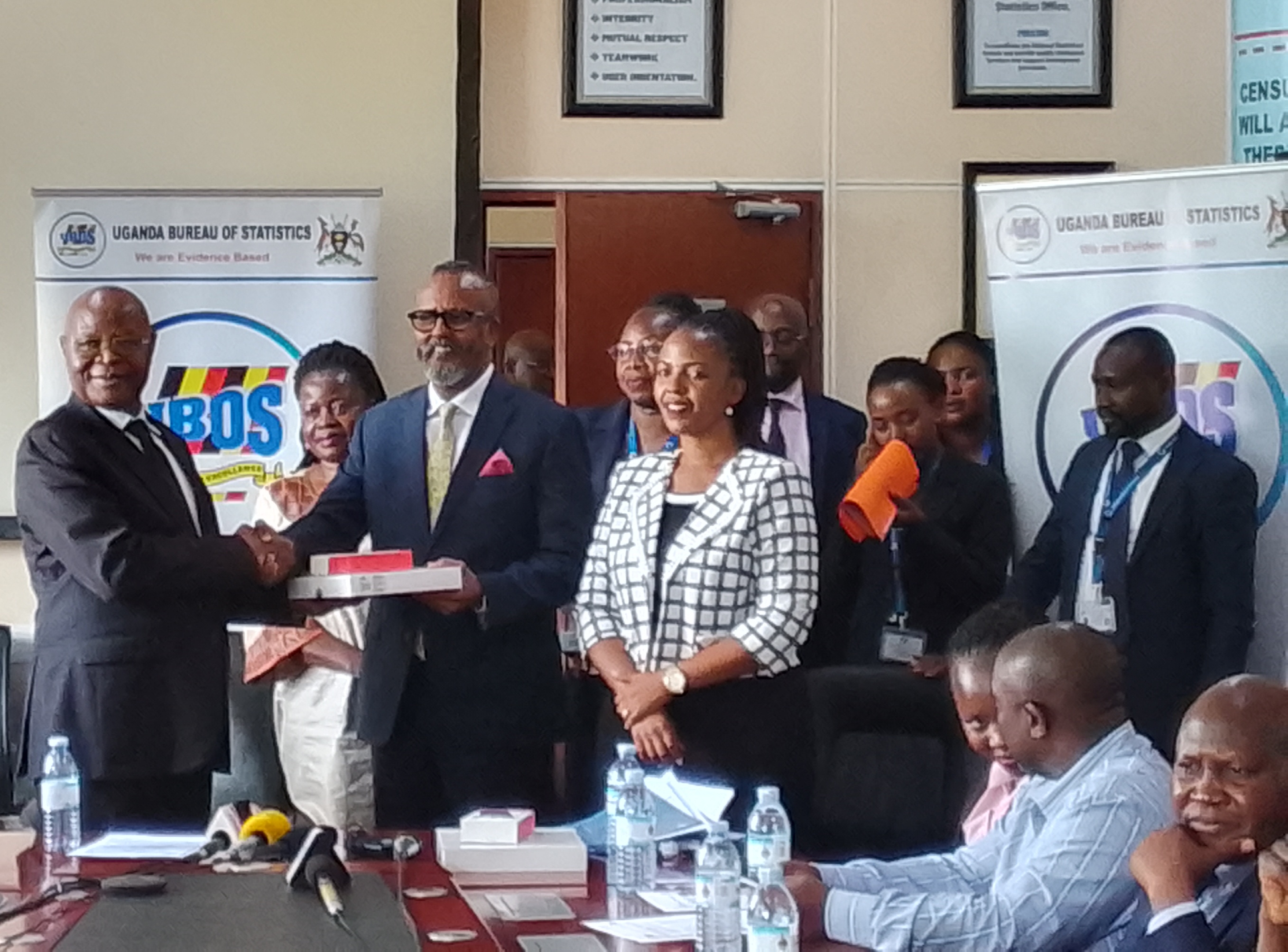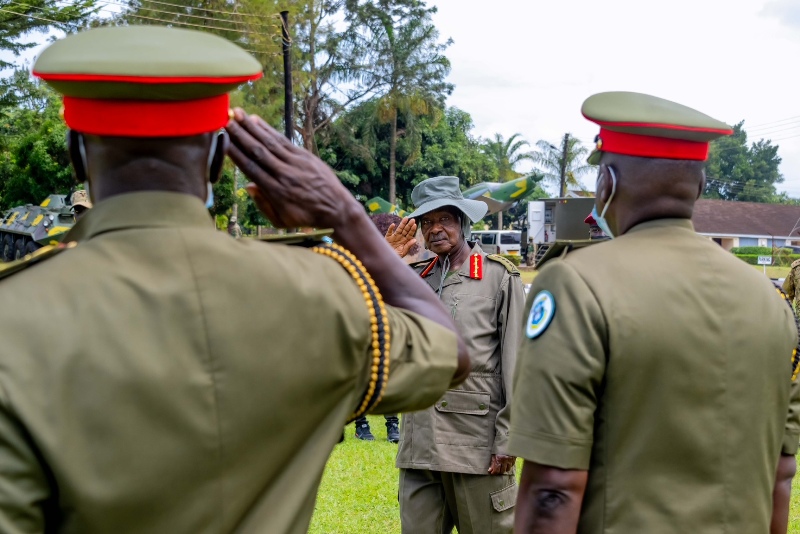Judge refuses to step down in Susan Magara murder trial
The suspects, identified as Lubega Yusuf, Wasswa Hussein, Sali Muzamir, Kyewolya Abubakar, Kisalita Muhammad, Kato Hassan Miro, Bukenya Ismael, Buvumbo Musa Abasi, and Nakandi Hajjarah, are accused of kidnapping Magara in February 2018 and demanding a ransom of $200,000 (Shs700 million).

The High Court Judge Alex Ajiji has rejected an attempt by nine suspects involved in the kidnap and murder of Kampala businesswoman Susan Magara, to have him step down from presiding over their trial.
The suspects claimed that the judge had shown bias against their legal team, thus hindering their defense.
However, in his ruling, Judge Ajiji dismissed these accusations, stating that the move appeared to be another attempt to prolong the trial.
He emphasized that the case, which has dragged on for years, was being delayed by the suspects’ tactics, and this was obstructing justice.
“This case has been ongoing for years, and these attempts are simply frustrating the pursuit of justice for both the victim and the public,” said Judge Ajiji.
The suspects, identified as Lubega Yusuf, Wasswa Hussein, Sali Muzamir, Kyewolya Abubakar, Kisalita Muhammad, Kato Hassan Miro, Bukenya Ismael, Buvumbo Musa Abasi, and Nakandi Hajjarah, are accused of kidnapping Magara in February 2018 and demanding a ransom of $200,000 (Shs700 million).
Despite receiving the ransom, the prosecution alleges that they proceeded to murder her.
The state’s case further claims that the suspects meticulously planned the crime at Usafi Mosque in January 2018 and abducted Magara as she was driving home in Lungujja.
Held captive at a house in Makindye, her kidnappers allegedly cut off her fingers to coerce her family into paying the ransom. After payment was made, Magara was reportedly suffocated to death.
The trial, which has so far heard testimony from 22 witnesses, is set to continue on September 11, 2024. Many are now calling for a speedy resolution, emphasizing that justice delayed is justice denied.
This case has become a significant marker of Uganda’s judicial process, with growing concerns about the length of time taken to resolve high-profile cases.
The public is watching closely, as the outcome will impact broader conversations about how long justice should take, especially for violent crimes like the murder of Susan Magara.







